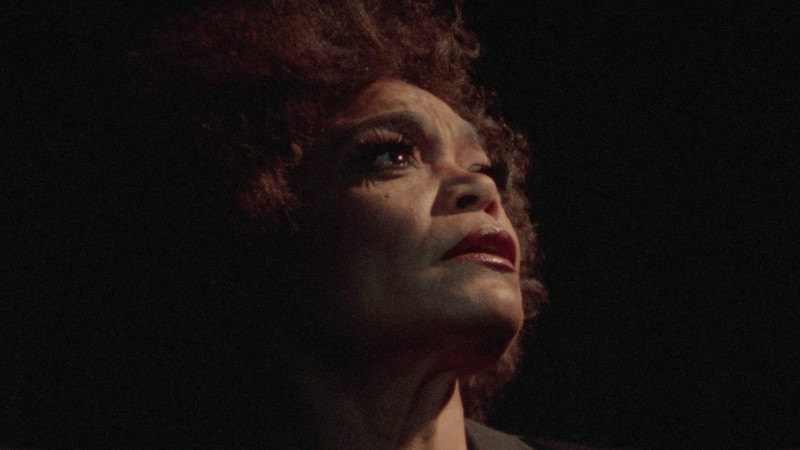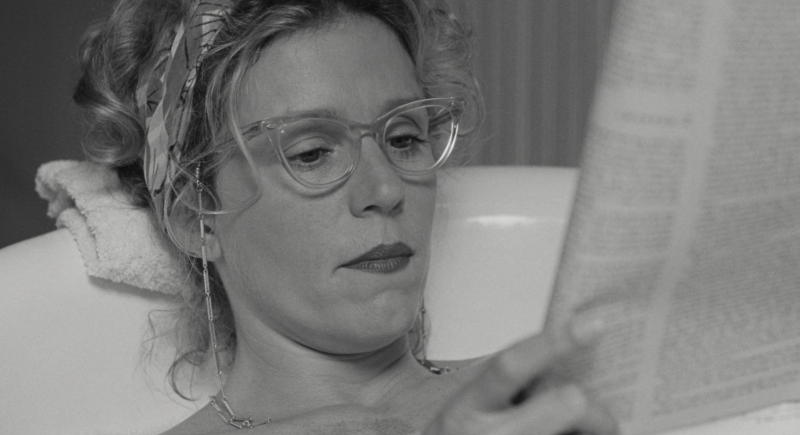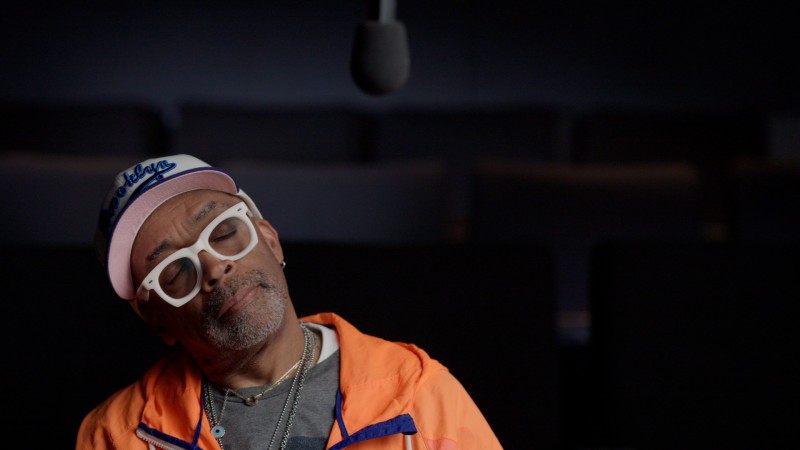RELATED ARTICLE
Share
Zula knocks back two shots like they’re water, picks up a brimming martini glass, and struts right up to her current lover’s former lover—a poetess, at that—to introduce herself. “Bon soir,” says Zula, French still a little heavier on her tongue than her native Polish, so she doesn’t waste any more words: “I thought a lot about your lyrics to my song. ‘The pendulum has killed time.’ Nice, but I don’t get it.”
Juliette—a slim, elegant brunette in a plunging backless dress who, as a favor to her ex Wiktor, has translated Zula’s beloved Polish traditional “Dwa serduszka” into French—smiles tightly. “It’s a metaphor,” Juliette explains. “That time doesn’t matter when you’re in love.” The two exchange a few more lines, as tart and frigid as chilled gin, and then continue to circulate the party. This is Paris, 1957. Edith Piaf is still releasing music and somewhere in the city Jean-Luc Godard is shooting All the Boys Are Called Patrick, the second-to-last short film he’d make before Breathless and its daring jump cuts asserted, in their own wild way, that the pendulum has indeed killed time.
A little while and a lot of liquor later (“métaphore,” Zula sneers to herself in the bathroom mirror, slugging from a half-empty bottle before adding, in Polish, “idiot”), the party has migrated from this bougie Paris apartment to Eclipse, the smoky, low-lit club in which we’ve previously seen Zula performing a rearranged (but not yet translated) chanson version of “Dwa serduszka.” Wiktor had been accompanying her tenderly on piano that night, but here in the aftermath of the party a chasm of mistrust and doubt has opened between the lovers. Facing away from Zula and oblivious to her imploring glances, Wiktor is engrossed in conversation with one of his male colleagues. Zula slumps over the bar with another drink, looking catatonically bored, as the sighing string arrangement of Ella Fitzgerald’s “Blue Moon” fades out. Then Zula’s night is suddenly lightning-struck by a very different song about time: “One-two-three o’clock, four o’clock rock,” announces Bill Haley, voice-of-God-like. Zula grins, nods her head, as if he’s issuing a command directly to her. By “nine-ten-eleven o’clock, twelve o’clock rock,” she’s on her feet and heading to the center of the dance floor. Now here is a metaphor she can understand.
It has been said that Bill Haley and His Comets’ “Rock Around the Clock” plays somewhere in the world every minute of every day. And while that’s probably just a bit of copy dreamed up by an especially poetic press agent, plenty more concrete measurements of the song’s iconicity exist: “Rock Around the Clock” was, in July 1955, the first-ever rock-and-roll song to hit number one on the Billboard pop chart, where it stayed for the rest of that summer. From the 1970s onward, the Guinness Book of World Records listed it consistently as the biggest-selling vinyl single of any pop music recording, until some time in the 1990s when they just stopped counting. It has soundtracked the memorable openings of Blackboard Jungle, American Graffiti, the first two seasons of Happy Days, and even an eponymous 1956 film made quickly to cash it on its popularity. It has been parodied by The Simpsons,Family Guy, and Sesame Street, and in 2017 it was used in a commercial to announce, with urgent fanfare, that the Subway reuben sandwich was back—but only for a limited time!
I’m sure I saw that commercial once or maybe several dozen times, not that I can recall. My ears had by then become numb to “Rock Around the Clock,” could not hear it as anything more specific than lazy (if expensively cleared) shorthand for “the birth of rock-and-roll rebellion.” To someone like me, born in the mid-1980s, it was mass-pop-cultural white noise, and if I’d thought about it consciously at all I would have doubted that something could wrest it from its status as a cliché. Then I saw Paweł Pawlikowski’s remarkable 2018 film Cold War.






